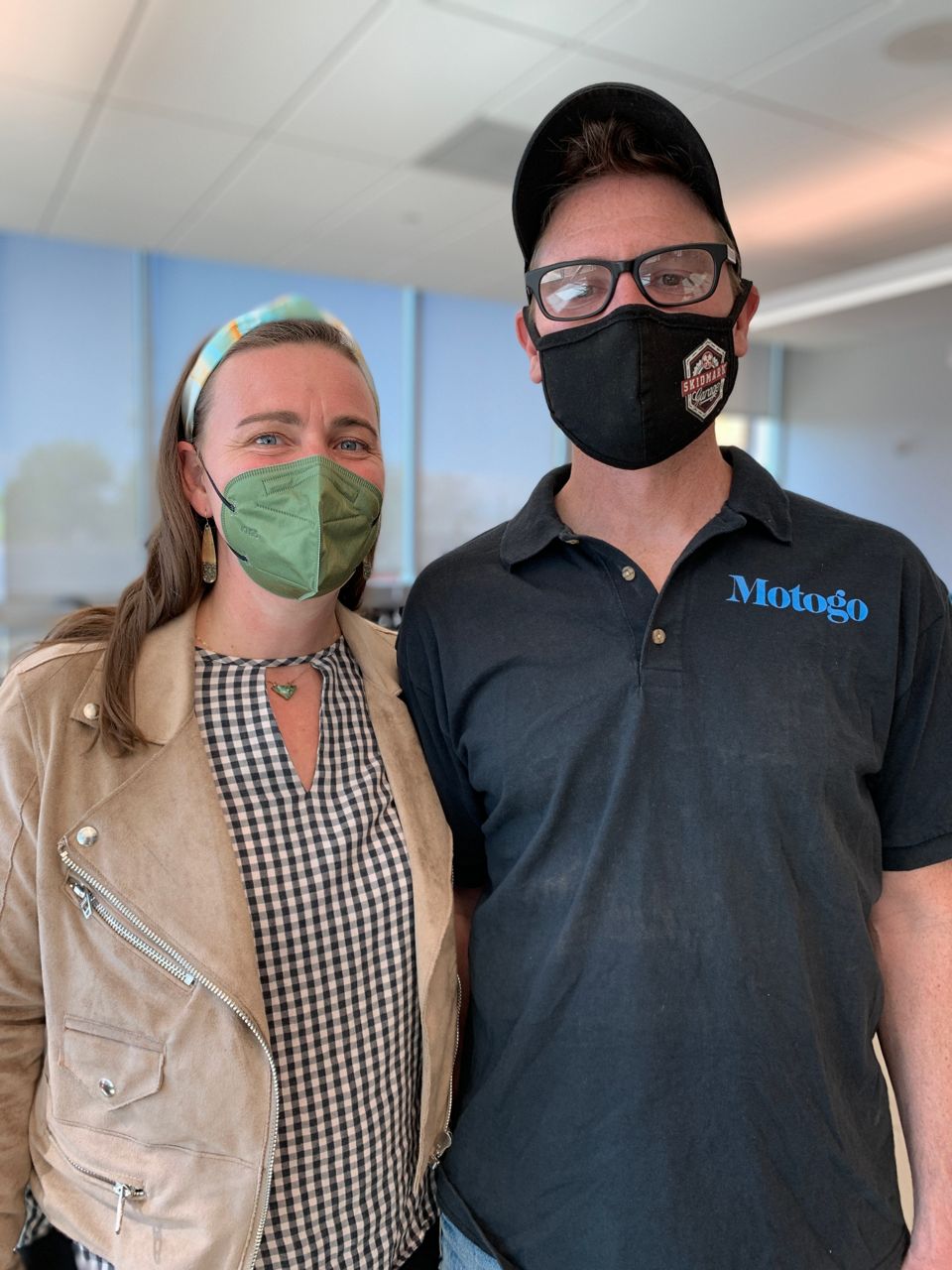OHIO — The Supreme Court Monday agreed to take on a major abortion case, which could challenge landmark rulings, like Roe v. Wade.
Dobbs v. Jackson Women’s Health is challenging Mississippi’s 15-week abortion ban. The state passed the law in 2018, which was then struck down by a federal judge the same year, and that ruling was upheld in 2019.
Although the law wasn’t made to directly threaten the nearly 50-year-old ruling, if the Supreme Court decides to uphold the law, advocates worry that could mean undoing major parts of the Roe v. Wade case.
“Alarm bells are ringing loudly about the threat to reproductive rights,” Nancy Northup, president of the Center for Reproductive Rights, said in a statement, adding: “The consequences of a Roe reversal would be devastating.”
According to Bloomberg.com, Mississippi wrote in its appeal that the ban was made to protect the mother’s health and the life of the baby.
Ohio is among many states that have had abortion laws struck down in court since 2019. The current Ohio laws ban abortions after 20 weeks, but in 2019, lawmakers passed the “Heartbeat Bill,” which would have been one of the most restrictive abortion laws in the U.S. It was blocked by a federal judge who issued an injunction. The bill said once a fetal heartbeat is detected, abortion would be illegal, and the doctors who performed them after that point in time would be prosecuted.
“Cases that pertain to abortion rights have always been very high profile since Roe v. Wade was decided back in 1973,” Spectrum News 1 Legal Analyst Rory Riley said.
The trial will question whether a fetus is viable after 15 weeks and what rights states have when it comes to abortion laws.
“What are the parameters around that and what rights do states have to enforce certain restrictions? That’s really the crux of this case,” Riley said. “Do states have the right to make something that is that restrictive, or does that ultimately infringe on women’s rights and a violation of Roe v. Wade?”
Riley said a lot of justices are quiet on their specific views when it comes the topic, but with a 6-3 conservative majority, “we know typically that conservatives more pro-life and liberals tend to be more pro-choice,” she said.
It will be the first abortion rights case since Justice Amy Coney Barrett was appointed last year by former President Donald Trump and confirmed by the Senate. The nine-month term is expected to start in October.
Watch the full interview above for more details.




